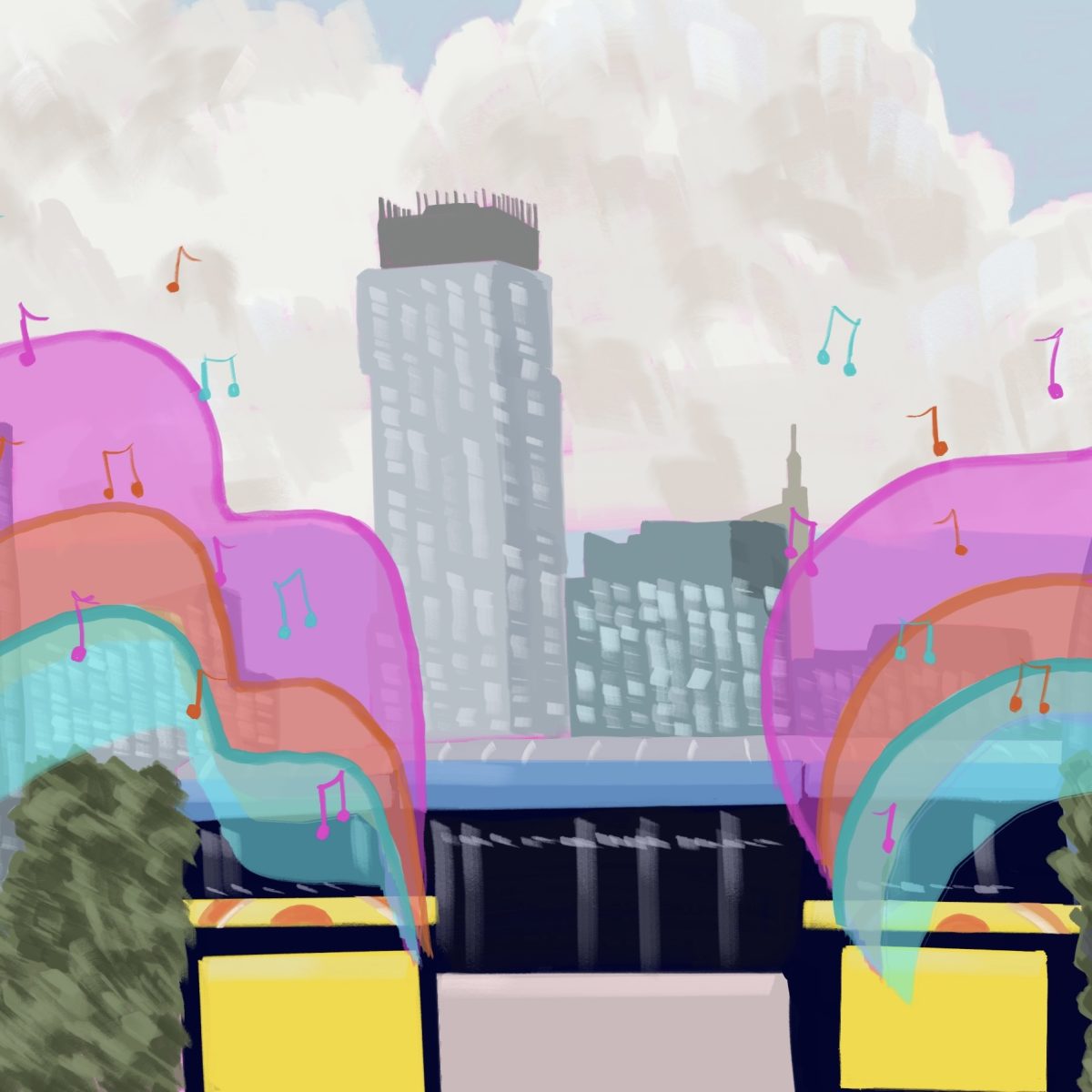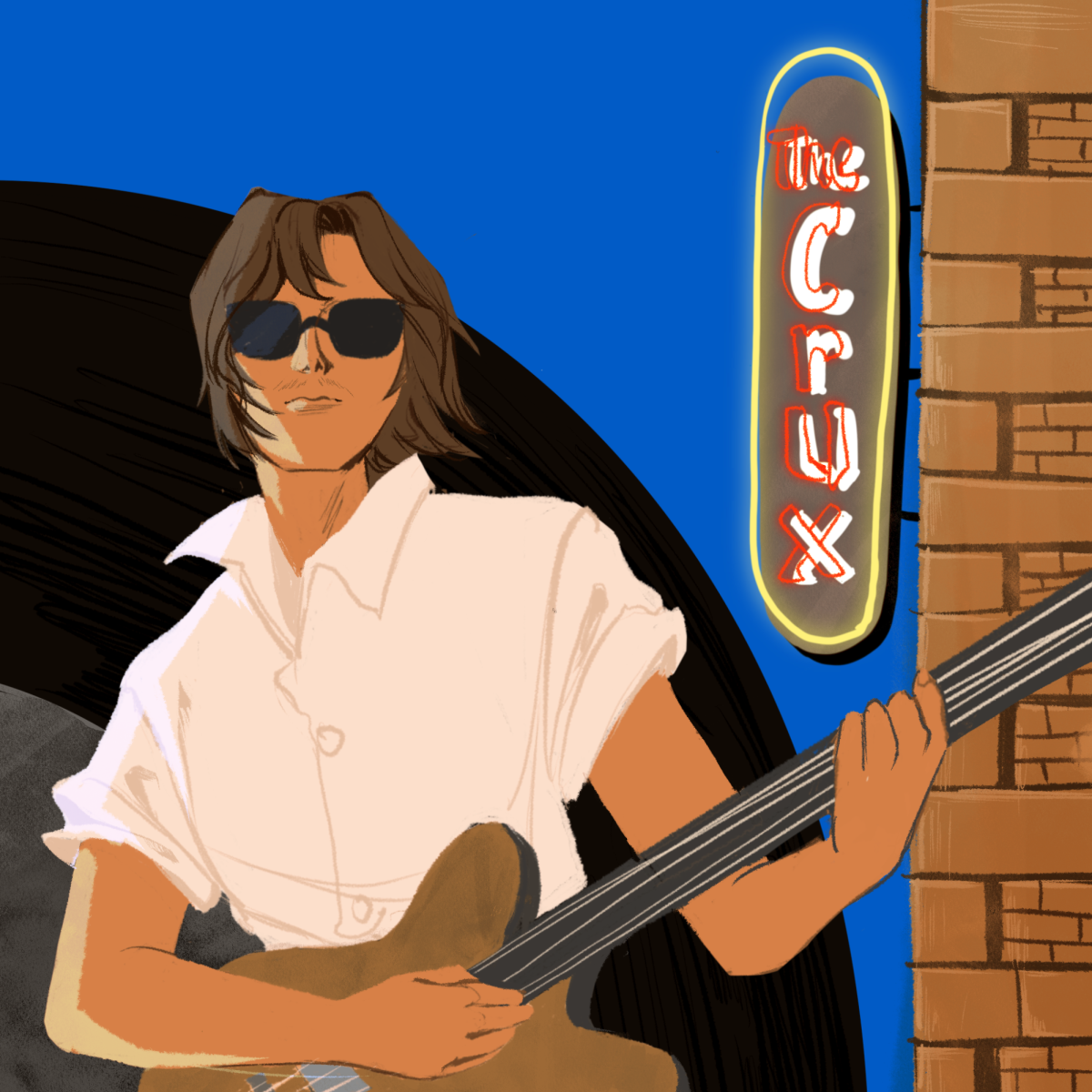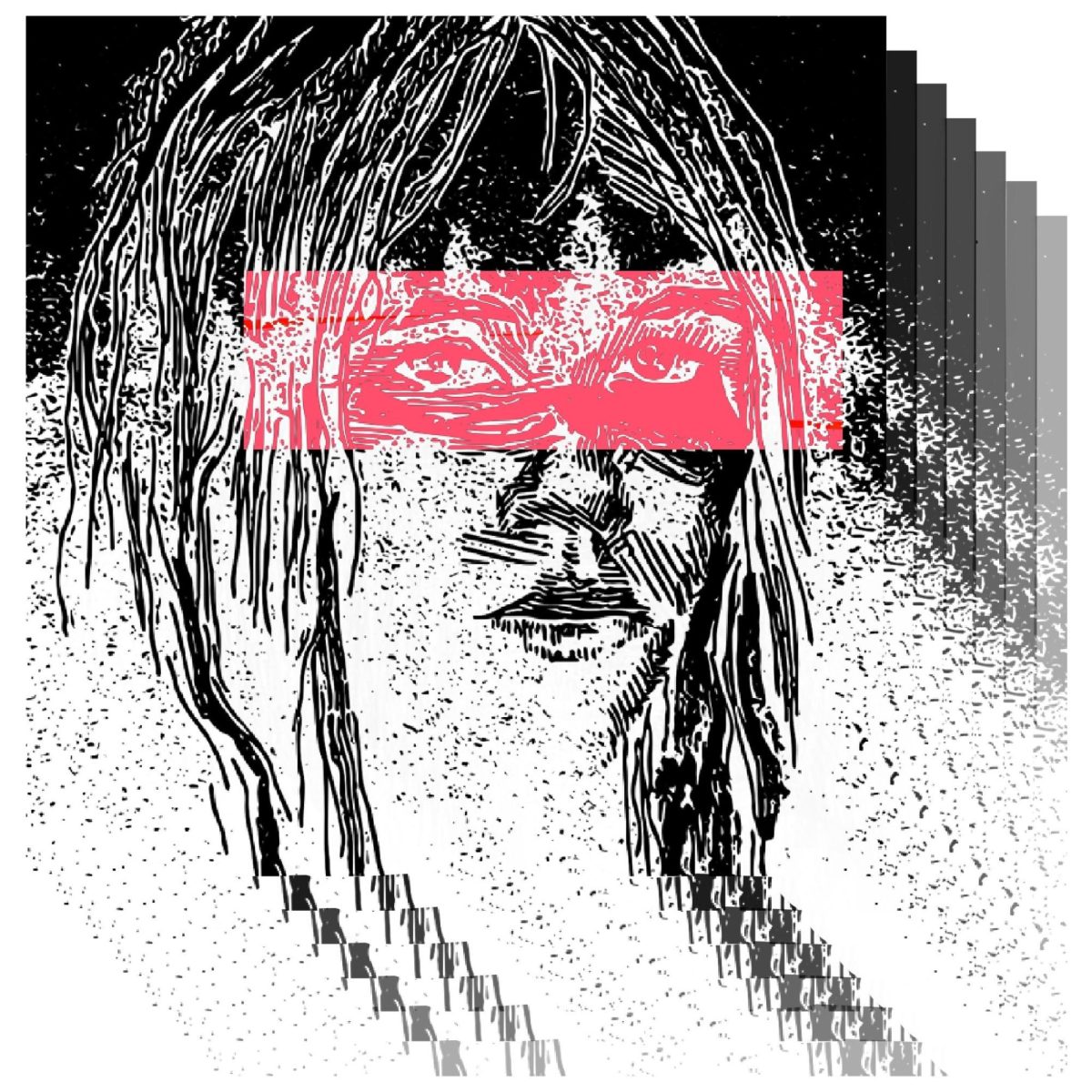Home to more than 250 venues and famously crowned the “Live Music Capital of the World,” Austin’s future music scene lies, in part, in the hands of UT musicians. The Daily Texan asked three students about their perspectives regarding musical opportunities and their roles in Austin’s music scene.
Paxton Smith, musician, activist and advertising junior, said the opportunities for pop music feel scarce compared to other fields. However, the warming culture and prevalence of independent artists encouraged her to pursue a music career.
“The biggest way that I fit into Austin’s music is that I’m an independent artist,” Smith said. “This city is chock full of people who are independently pursuing a career in music without the assistance of a label… (The) Austin music scene (has been) a very friendly and uplifting community that wants to be on each other’s team and help each other succeed.”
Coleman Wayne Jennings, country and rock musician and English senior, said with his distinct sound, he’s still finding his place in the realm of country music, driven by an eagerness to veer away from commercial country.
“Country has become so broad nowadays… (With) any of these traditional country venues… the bar won’t let you play unless people can dance to the songs,” Jennings said. “But that style doesn’t lend itself to the internet or to getting streamed. You’re putting yourself in this rut of being a local musician.”
Jennings said Austin’s music scene proves difficult to get a footing in for small musicians. After reaching out to bars, venues and auditioning for South by Southwest multiple times, his band faced denial on most accounts.
“It wasn’t until we started to do well on social media, now all of a sudden, everyone wants us to play … It seems to be about the money, the following on social media (and) the potential people you can bring to the venue,” Jennings said. “I wish places would listen to the music and choose bands to play based on the quality of the art.”
Despite the challenges of pursuing music in an ever-evolving scene, there’s still an audience, Jennings said.
“It’s very difficult for local musicians to play and make any sort of money, and it’s not necessarily the fault of the city,” Jennings said. “It’s just the way that the culture is moving. . . I would say Austin is not a particularly great place to play live. But there is undoubtedly an audience if you can find the right people and avenues.”
Austin also remains one of the few places, specifically in the southwest, that offers nightly opportunities to play and hear live jazz music, said Kevin Hrabak, vocalist and jazz trombone junior. The connections he’s made at UT, the supportive culture and hands-on experience in the jazz scene changed Hrabak’s initial trajectory.
“When I first got to Austin, I wasn’t intending on being a musician. I got into UT and was going to transfer into the business school,” Hrabak said. “I was gonna drop music altogether… then I went out to the (jazz) clubs and I met some really amazing people, made some special bonds with the undergrads and professors.”
Despite the challenges for young musicians to get their heads through the door, the scene proves inclusive, Hrabak said.
“The musicians who study at UT — they got lucky with the music scene that’s happening here, it’s growing every day,” Hrabak said. “It literally changed my whole course from business major to ‘Forget that, I want to do this music thing’ … It really did have a pretty significant role in changing my mind to be a musician.”














